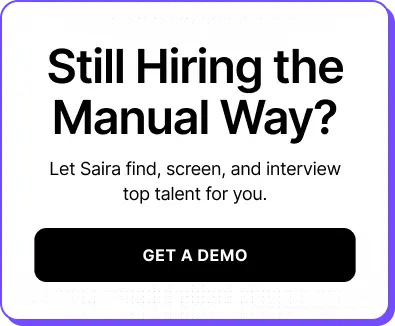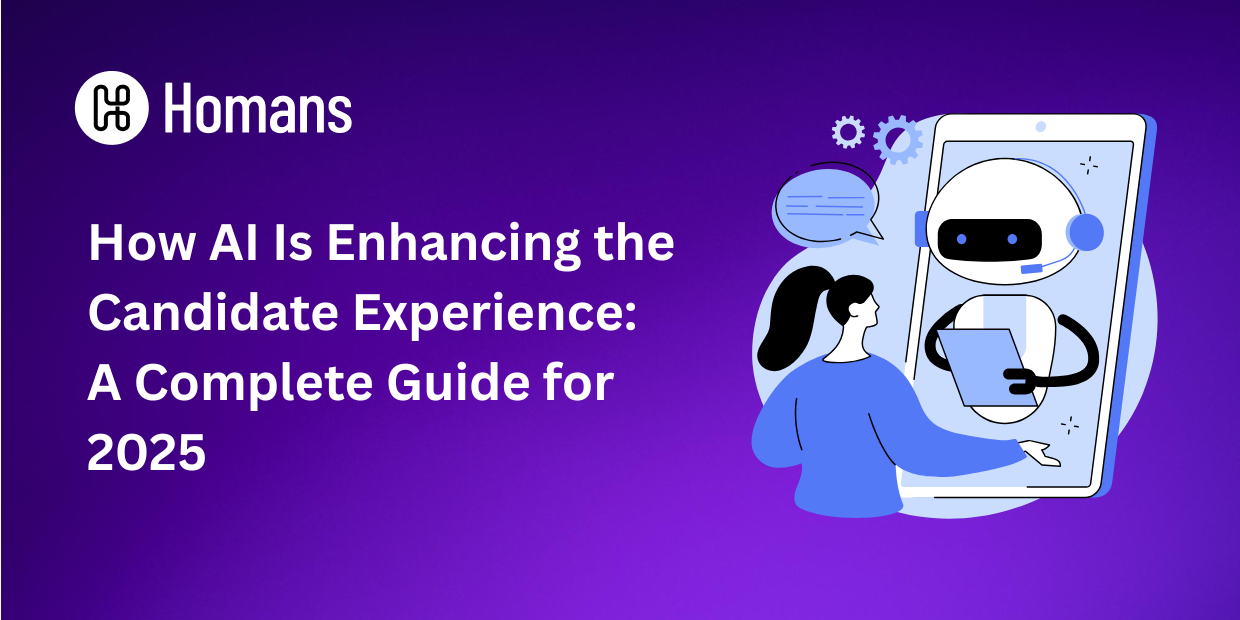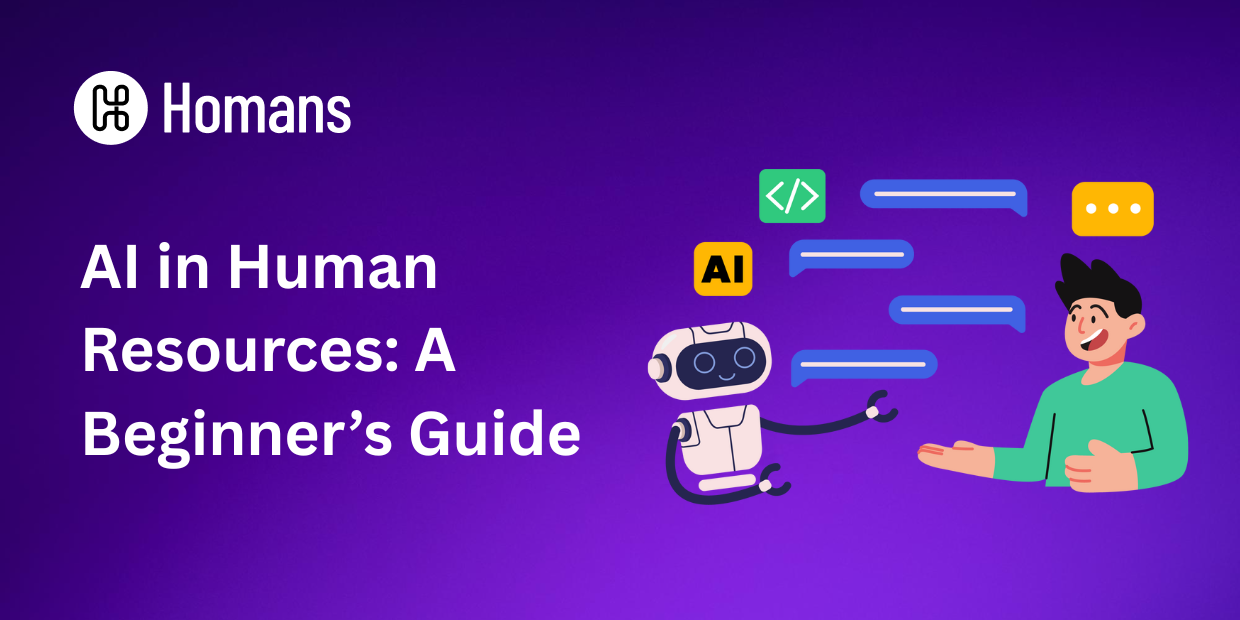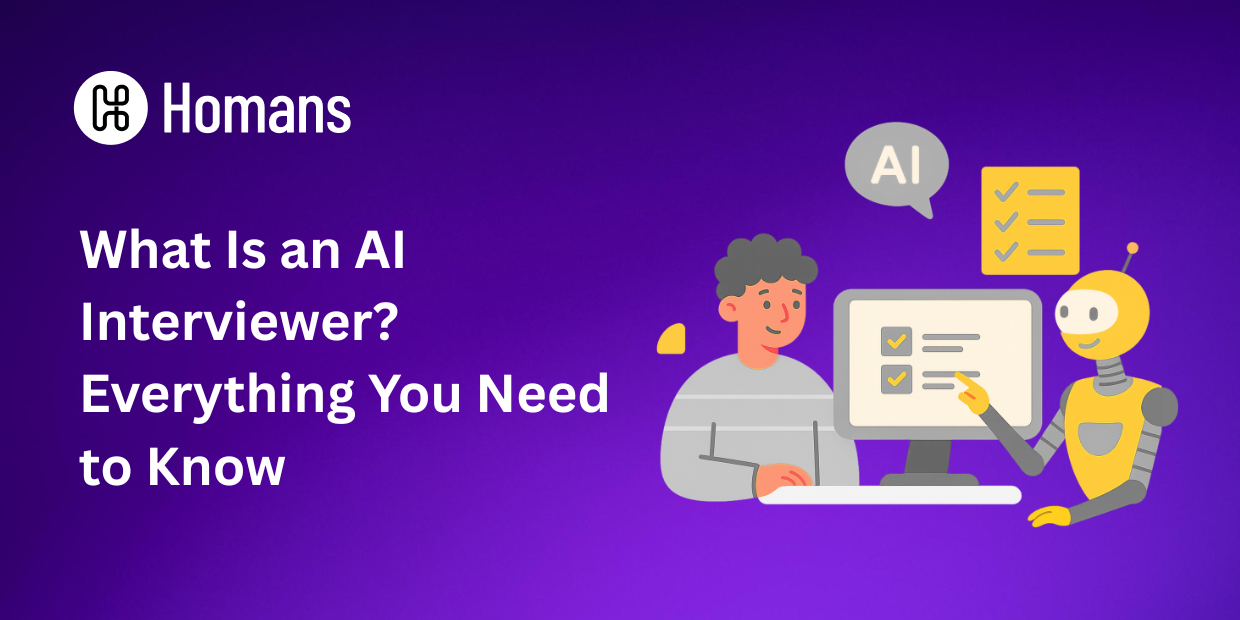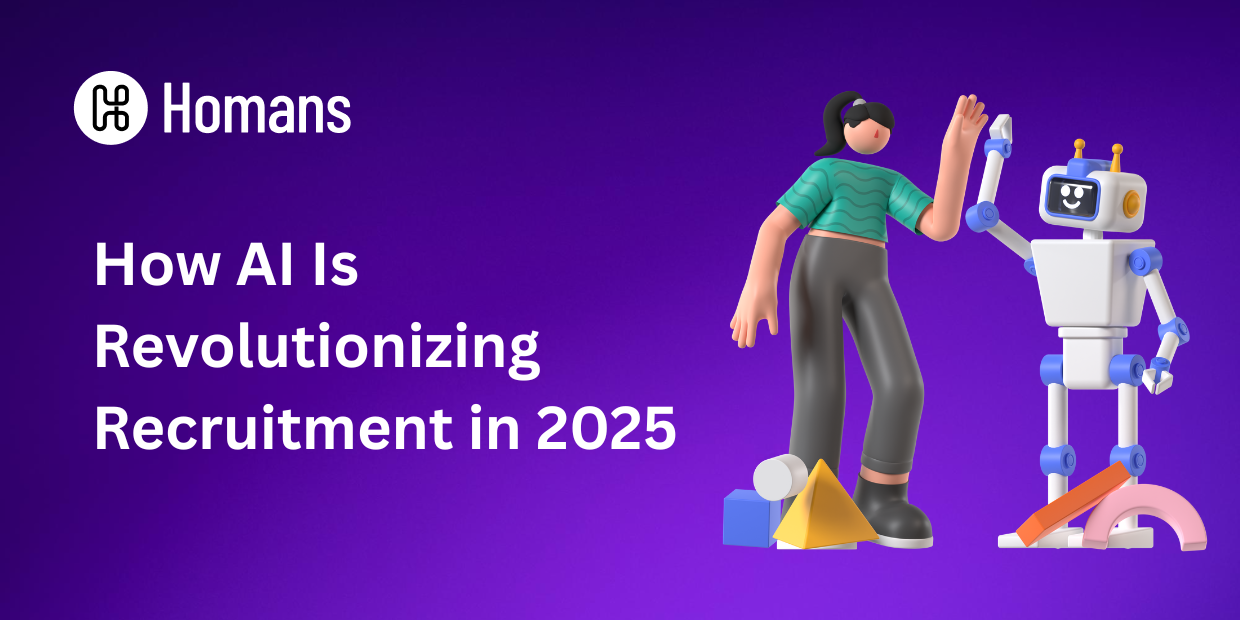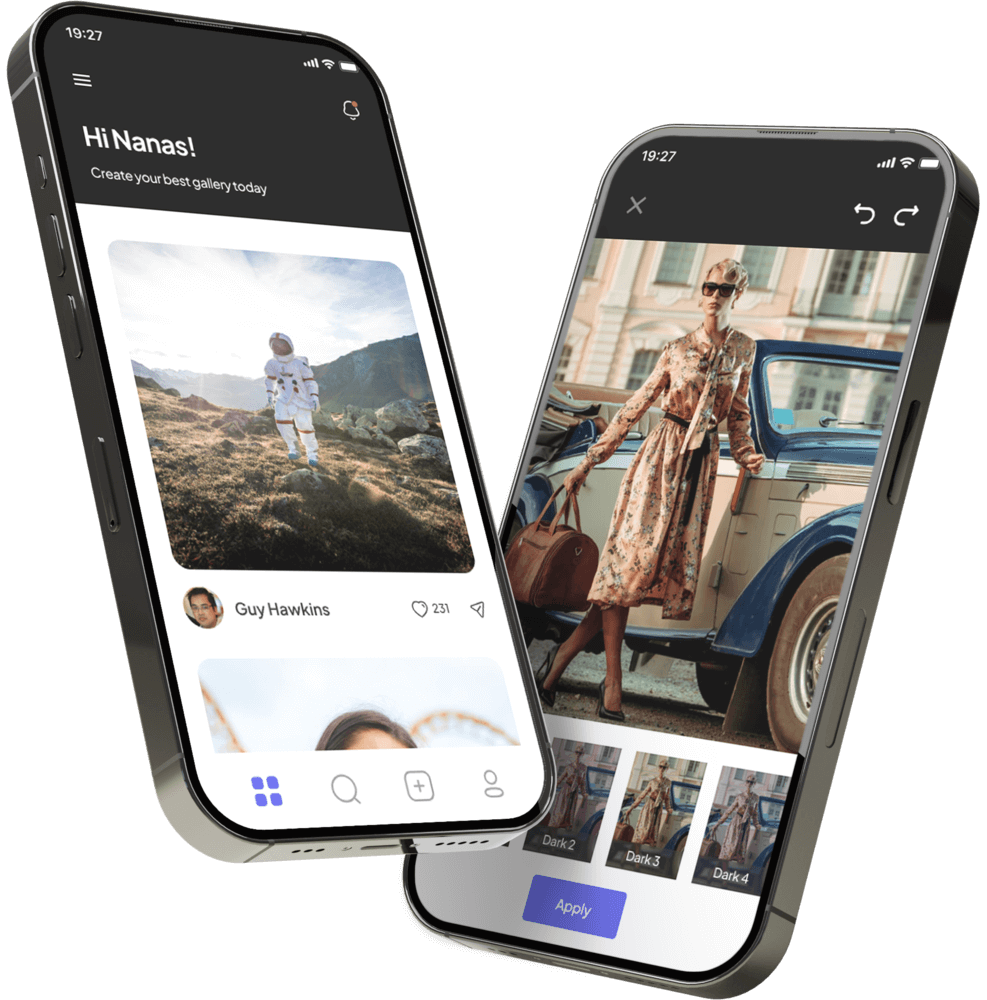The recruitment landscape has undergone a dramatic transformation in recent years, with artificial intelligence (AI) emerging as a game-changer in how organizations attract, engage, and hire talent. Today, 99% of hiring managers use AI in some capacity during the hiring process, and the results are impressive: companies leveraging AI in recruitment report 98% significant improvements in hiring efficiency and overall candidate experience.
But beyond the efficiency gains, AI is fundamentally reshaping the candidate experience—creating more personalized, responsive, and engaging interactions that benefit both job seekers and employers. Let’s explore how AI is revolutionizing the candidate journey and what this means for the future of recruiting.
The Current State of AI in Recruitment
The numbers speak for themselves: 87% of companies now use AI-driven tools at some point in their hiring process, and adoption is accelerating rapidly. According to LinkedIn’s 2025 Future of Recruiting report, 50.9% of talent acquisition professionals believe AI can help enhance hiring quality, while organizations using AI recruiting are 8.9% more likely to make a quality hire.
The global AI in HR market reflects this momentum, growing from $6.05 billion in 2024 to $6.99 billion in 2025—a compound annual growth rate of 15.6%. This surge is driven by AI’s ability to streamline recruitment processes, improve candidate engagement, and deliver data-driven insights that lead to better hiring decisions.
Key Ways AI Enhances the Candidate Experience
1. Personalized Job Matching and Recommendations
One of AI’s most powerful applications is its ability to analyze candidate profiles and match them with relevant opportunities. AI systems can process vast amounts of data to identify the perfect job-candidate fit, going beyond simple keyword matching to understand context, skills, and career aspirations.
AI tools now help recruiters craft tailored job recommendations, which can boost application rates by 67%. These systems analyze a candidate’s experience, skills, and preferences to present opportunities that align with their career goals, creating a more meaningful and targeted job search experience.
2. Intelligent Chatbots and Virtual Assistants
AI-powered chatbots have revolutionized initial candidate interactions, providing 24/7 support and instant responses to frequently asked questions. These virtual assistants can handle multiple tasks simultaneously:
- Initial screening: Conducting preliminary interviews and collecting basic information
- Interview scheduling: Coordinating calendars and booking appointments automatically
- Application status updates: Providing real-time information about application progress
- Company information: Answering questions about culture, benefits, and role requirements
The impact is significant: candidates appreciate the instant communication and personalized responses, while recruiters save valuable time for more strategic activities.
3. Streamlined Resume Screening and Assessment
AI has transformed the traditionally time-consuming resume screening process. AI Resume Parsers can save up to 75% of candidate screening time8, allowing recruiters to focus on building relationships with qualified candidates rather than manually reviewing applications.
Modern AI screening tools offer several advantages:
- Contextual analysis: Understanding skills and experience beyond keyword matching
- Bias reduction: Focusing on qualifications rather than demographic factors
- Improved accuracy: Identifying qualified candidates who might be overlooked in manual screening
- Speed: Processing hundreds of applications in minutes rather than hours
4. AI-Powered Video Interviews
Video interviewing has evolved beyond simple video calls, with AI now analyzing both verbal and non-verbal communication. AI video interviews can reduce time-to-hire by up to 50%, while providing objective assessments of candidate responses.
Key benefits include:
- Objective evaluation: Consistent assessment criteria for all candidates
- Flexible scheduling: Candidates can complete interviews at their convenience
- Real-time feedback: Immediate insights into candidate performance
- Scalability: Ability to interview large numbers of candidates efficiently
5. Predictive Analytics for Better Matches
AI’s predictive capabilities help organizations identify candidates who are most likely to succeed in specific roles. Predictive analytics can streamline recruitment significantly, shortening hiring cycles by 85% and reducing average time-to-fill by 25%.
These systems analyze:
- Historical hiring data to identify successful candidate patterns
- Performance indicators to predict job success
- Cultural fit based on organizational values and team dynamics
- Retention likelihood to reduce turnover costs
The Impact on Diversity and Inclusion
AI is playing a crucial role in promoting diversity and inclusion in hiring. When implemented correctly, AI can help reduce recruitment bias by 50% by focusing on skills and qualifications rather than demographic factors.
A Harvard Business Review analysis from late 2024 showed that AI-assisted shortlisting improved gender and ethnic diversity in the interview pool by 21%. Companies like Unilever have reported 16% increases in diversity after implementing AI-driven recruitment systems.
However, it’s important to note that AI systems require careful monitoring to prevent algorithmic bias. Organizations must ensure their AI tools are trained on diverse datasets and regularly audited for fairness.
Enhancing Communication and Engagement
AI is transforming how organizations communicate with candidates throughout the recruitment process. Automated communication helps eliminate bias and ensures consistent, professional treatment for all candidates.
Key improvements include:
- Personalized messaging: Tailored communications based on candidate preferences and background
- Timely updates: Automated notifications about application status and next steps
- Multilingual support: AI-powered translation for global recruitment
- Engagement campaigns: Targeted outreach to passive candidates
The Human-AI Balance
While AI offers tremendous benefits, successful implementation requires maintaining the human touch. 93% of hiring managers recognize the importance of humans in the hiring process1, emphasizing that AI should enhance rather than replace human judgment.
The most effective approach combines AI efficiency with human empathy:
- AI handles routine tasks: Screening, scheduling, and initial communications
- Humans focus on relationships: Building connections, assessing cultural fit, and making final decisions
- Collaborative decision-making: Using AI insights to inform human judgment
Real-World Success Stories
Several companies have successfully implemented AI to enhance their candidate experience:
- Mastercard achieved 85% faster interview scheduling and 88% of interviews scheduled within 24 hours using AI
- Unilever reduced their time-to-hire by 75% using machine learning tools for candidate analysis
- Chipotle reported an 85% application completion rate after implementing AI in their hiring process
Looking Ahead: The Future of AI in Recruitment
As we move through 2025, several trends are shaping the future of AI in recruitment:
- Advanced talent screening: AI will increasingly assess tone, body language, and emotional intelligence in video interviews
- Psychological insights: Integration of neuroscience and psychology for better candidate assessment
- Improved predictive modeling: More accurate forecasting of candidate success and retention
- Enhanced personalization: Deeper customization of the candidate journey
Best Practices for Implementation
Organizations looking to implement AI in their recruitment process should consider these best practices:
- Start with clear objectives: Define what you want to achieve with AI implementation
- Ensure data quality: Use diverse, representative datasets for training AI systems
- Maintain human oversight: Establish clear processes for human review and intervention
- Monitor for bias: Regular auditing of AI systems to ensure fairness
- Focus on candidate experience: Design AI tools with the candidate’s perspective in mind
Conclusion
AI is fundamentally transforming the candidate experience, creating more efficient, personalized, and engaging recruitment processes. From intelligent job matching to automated communication, AI is helping organizations attract better talent while providing candidates with the responsive, tailored experiences they expect.
The key to success lies in thoughtful implementation that combines AI’s efficiency with human insight and empathy. As 60% of organizations are expected to use AI for end-to-end recruitment processes by 2025, those who embrace this technology responsibly will gain a significant competitive advantage in attracting and hiring top talent.
The future of recruitment is here, and it’s powered by AI. Organizations that adapt to this new reality while maintaining their human touch will create candidate experiences that not only attract the best talent but also build lasting relationships that benefit both employers and job seekers.
Ready to transform your recruitment process with AI? Start by identifying the areas where AI can have the biggest impact on your candidate experience, and remember: the best AI implementations enhance human capabilities rather than replacing them.

